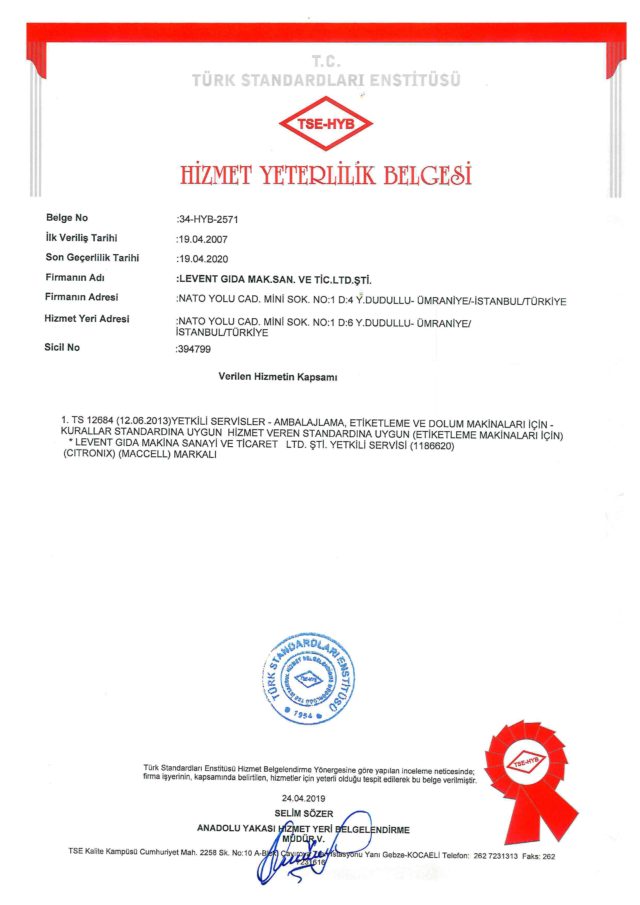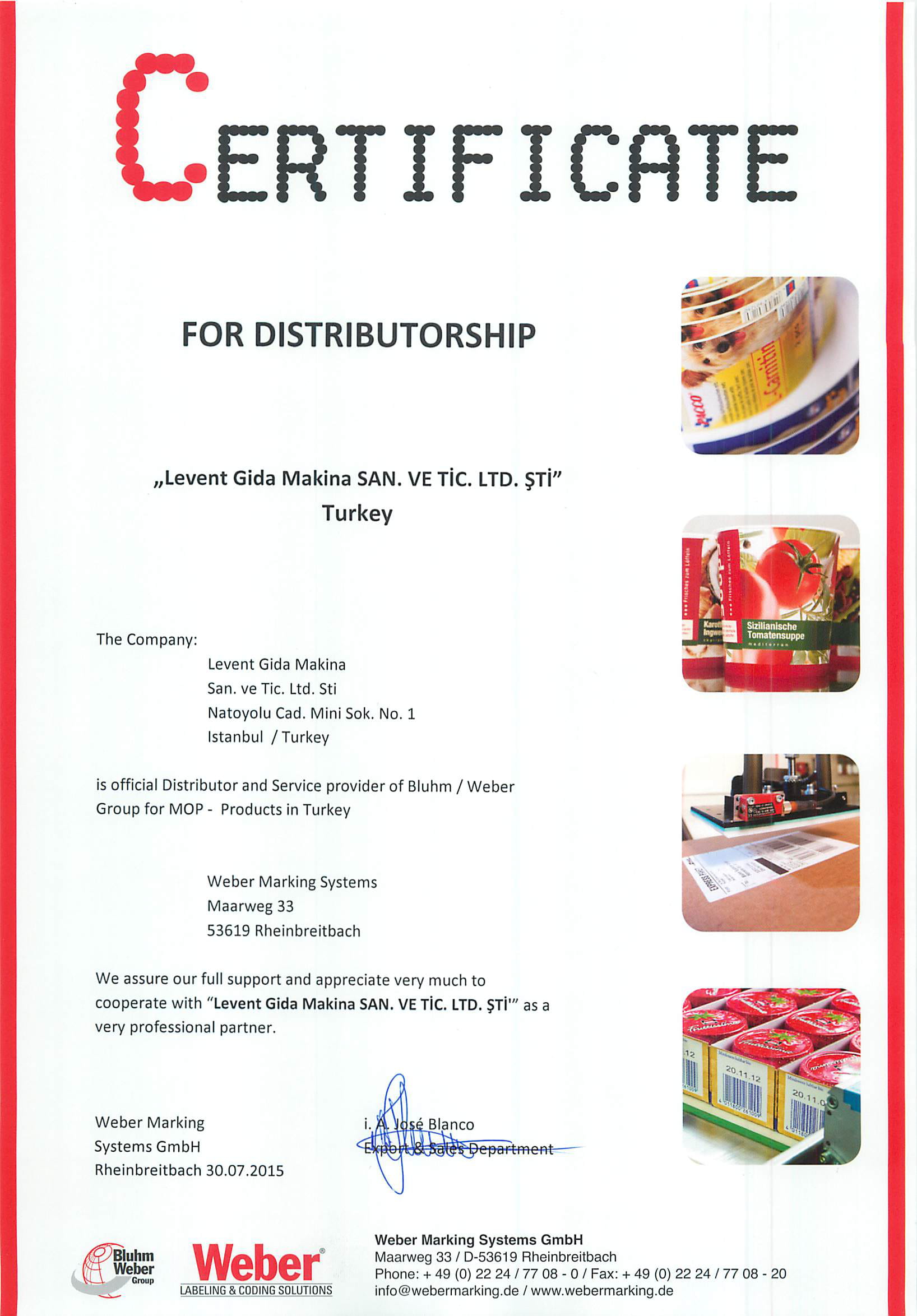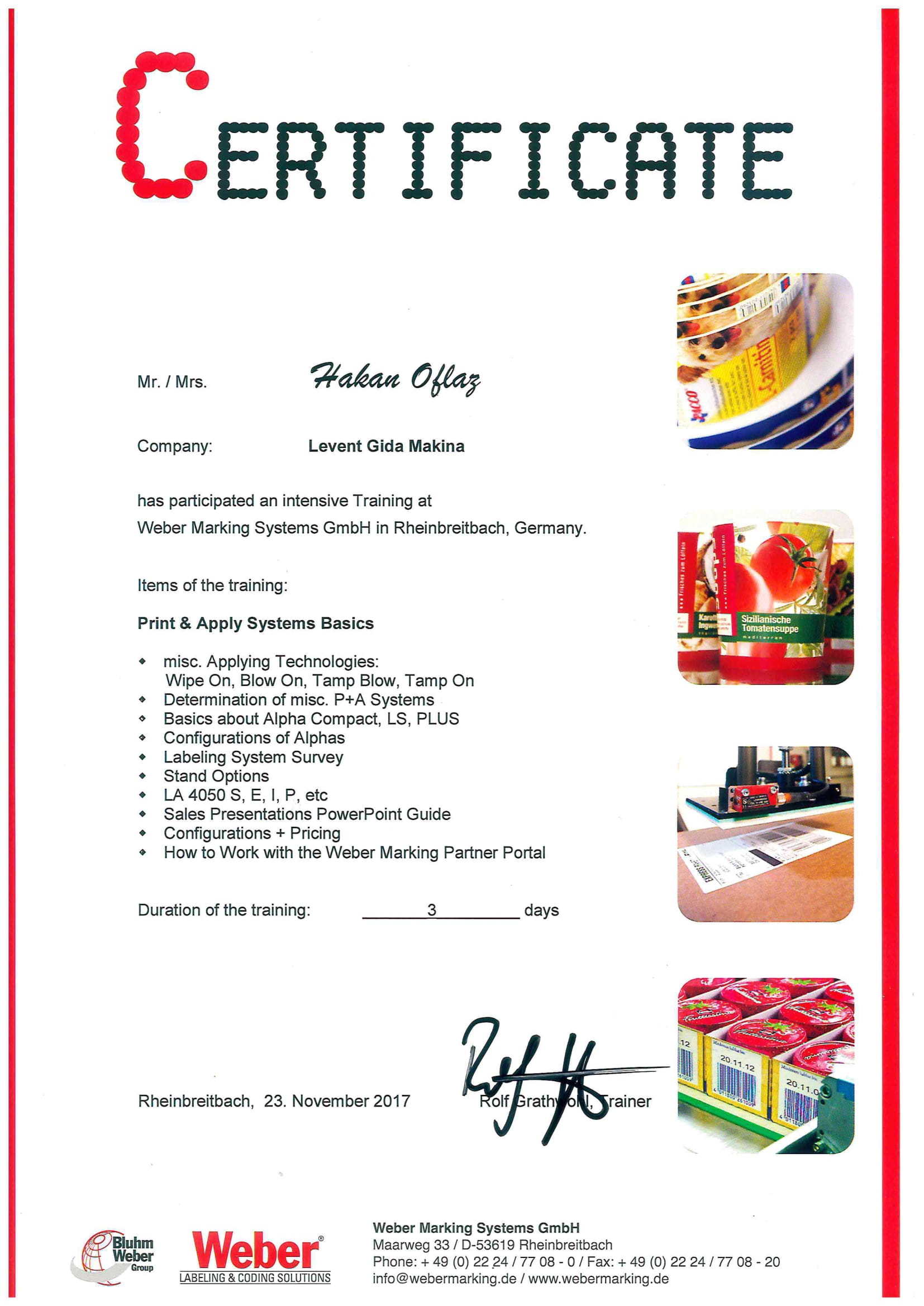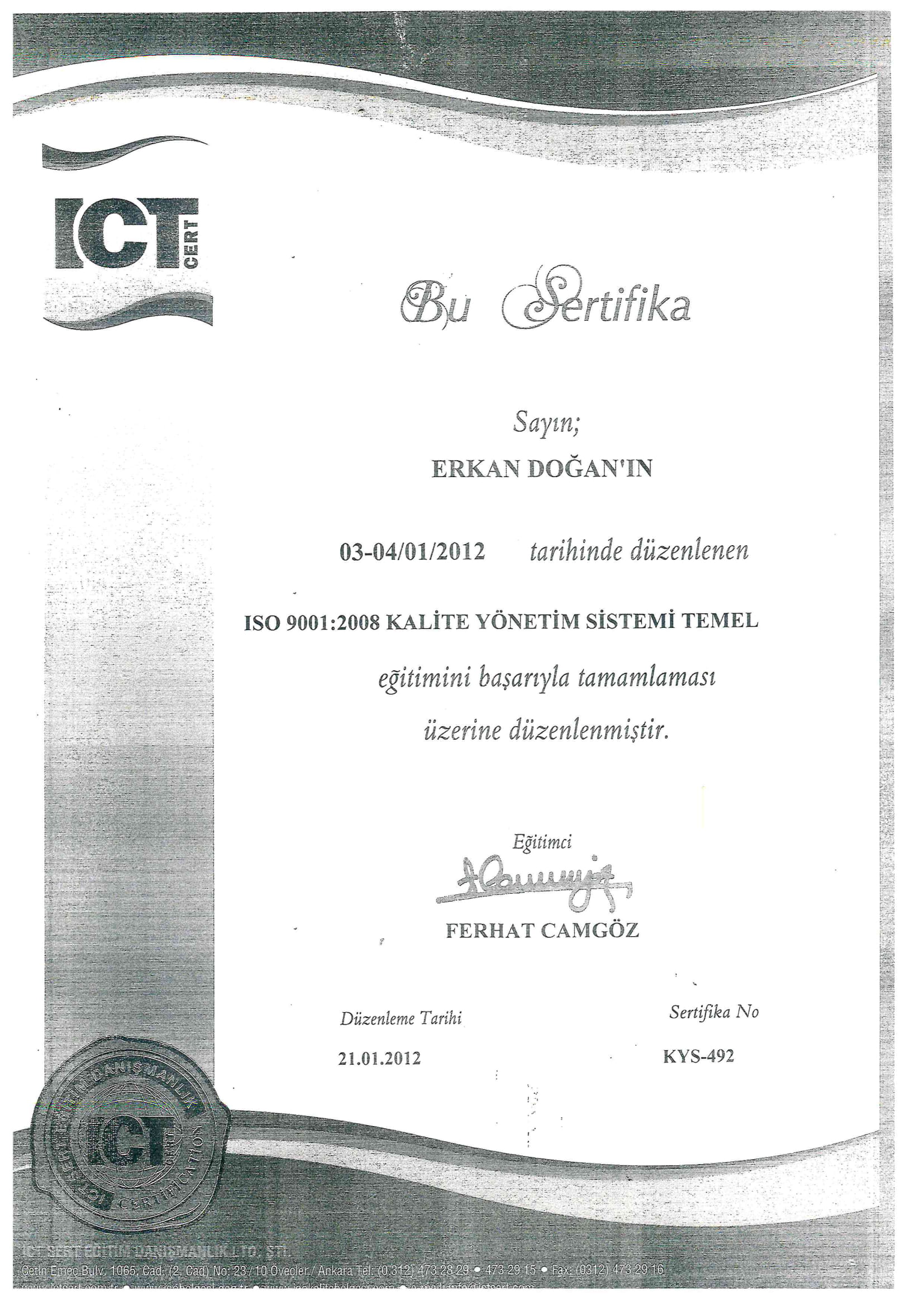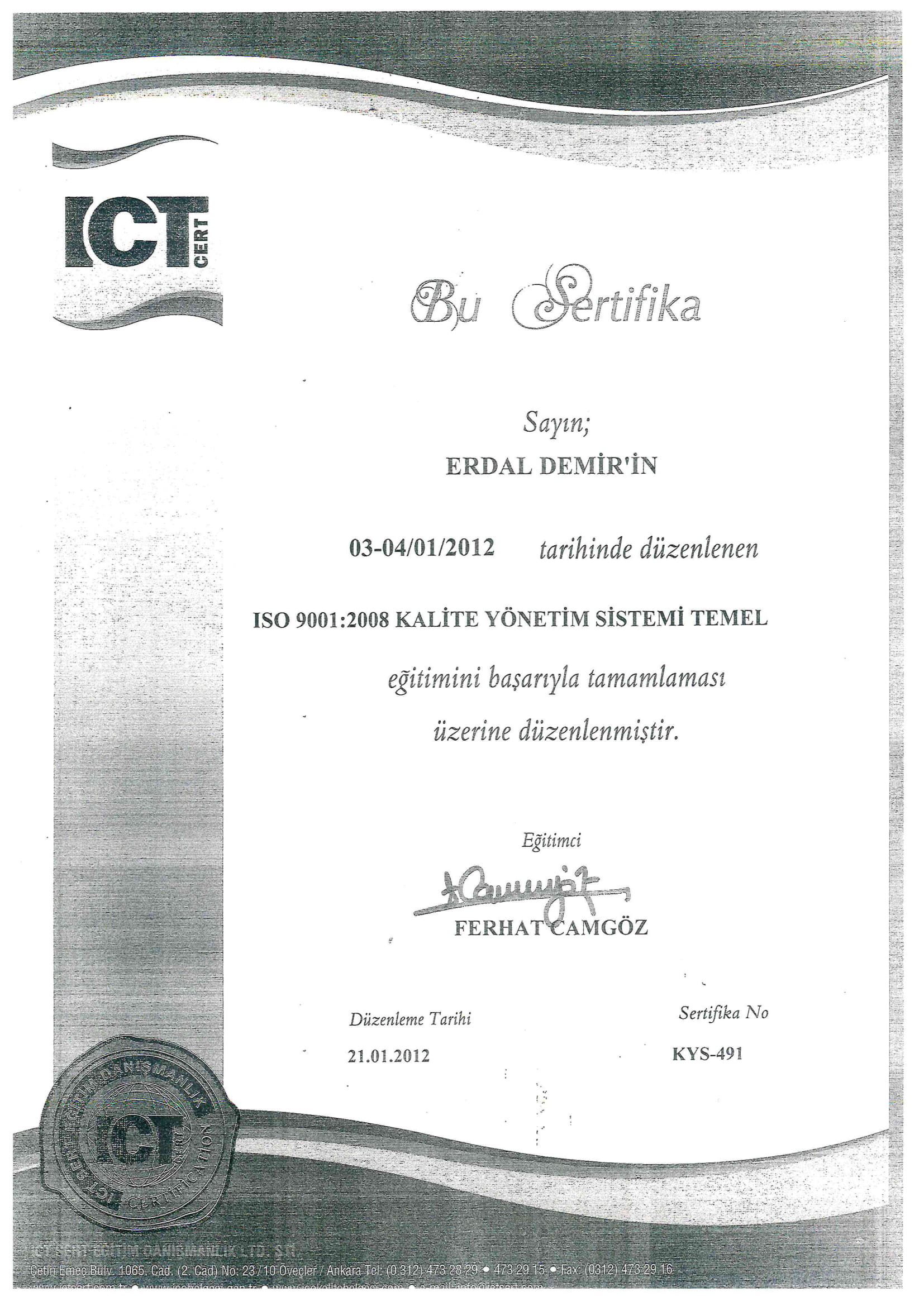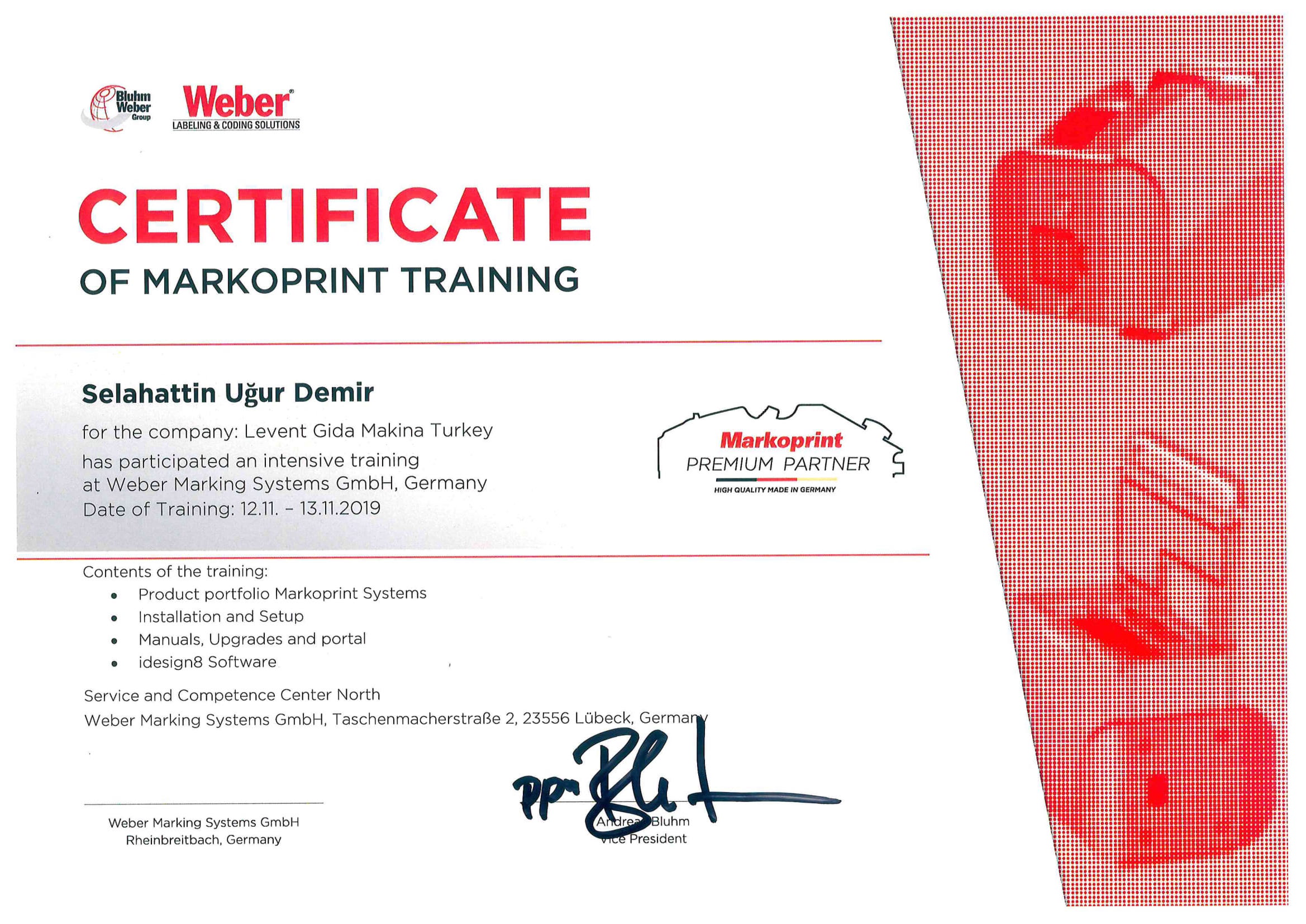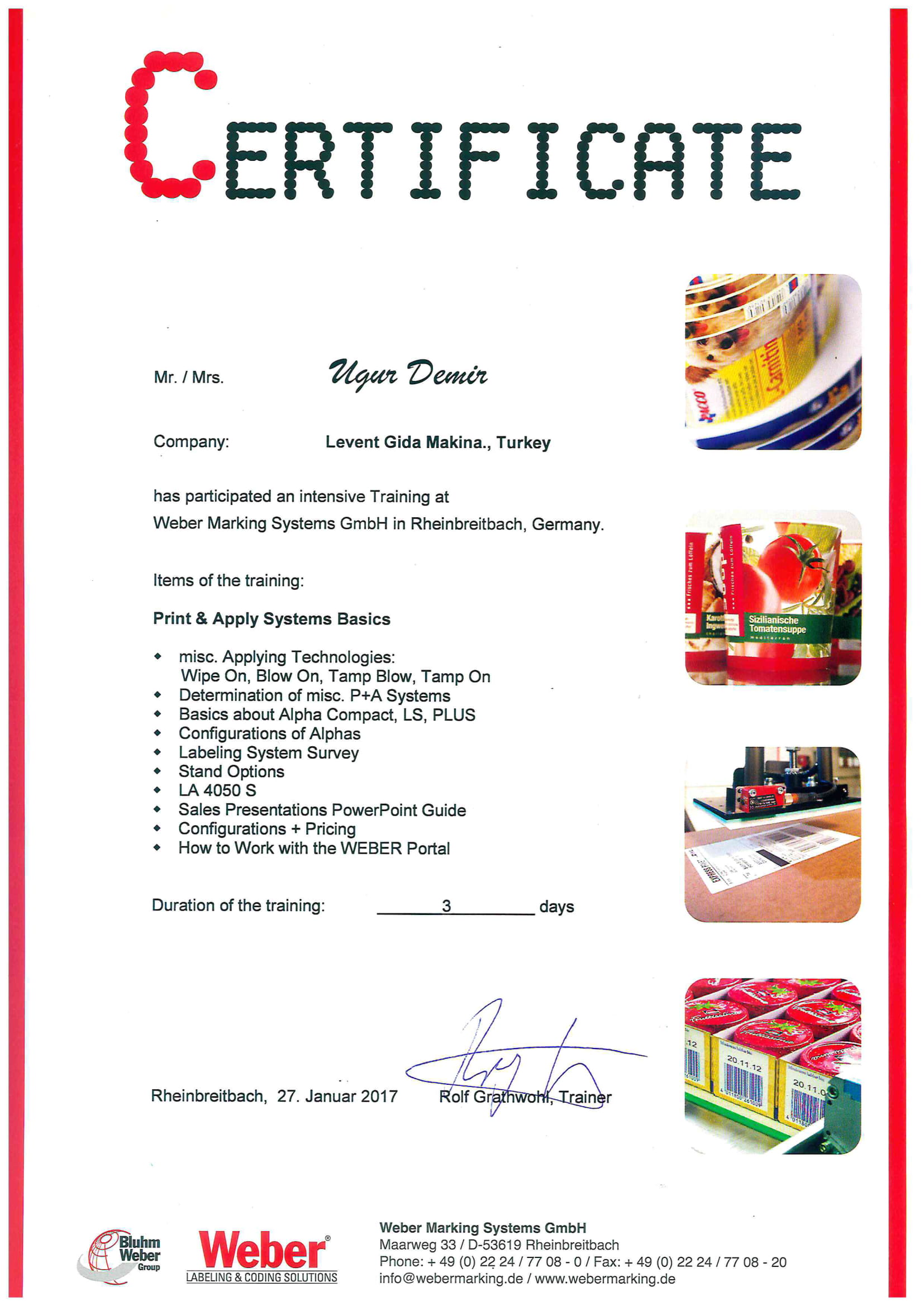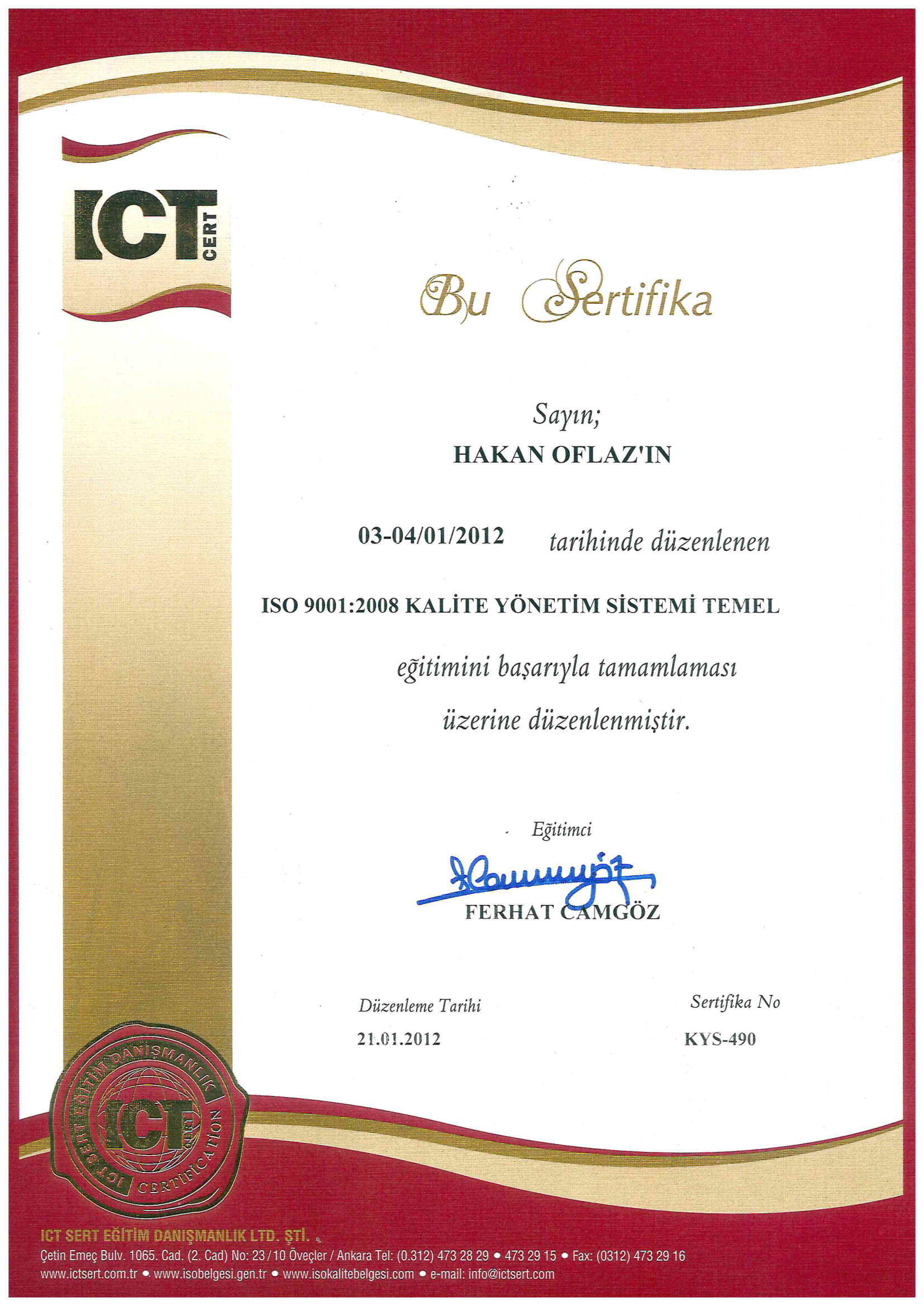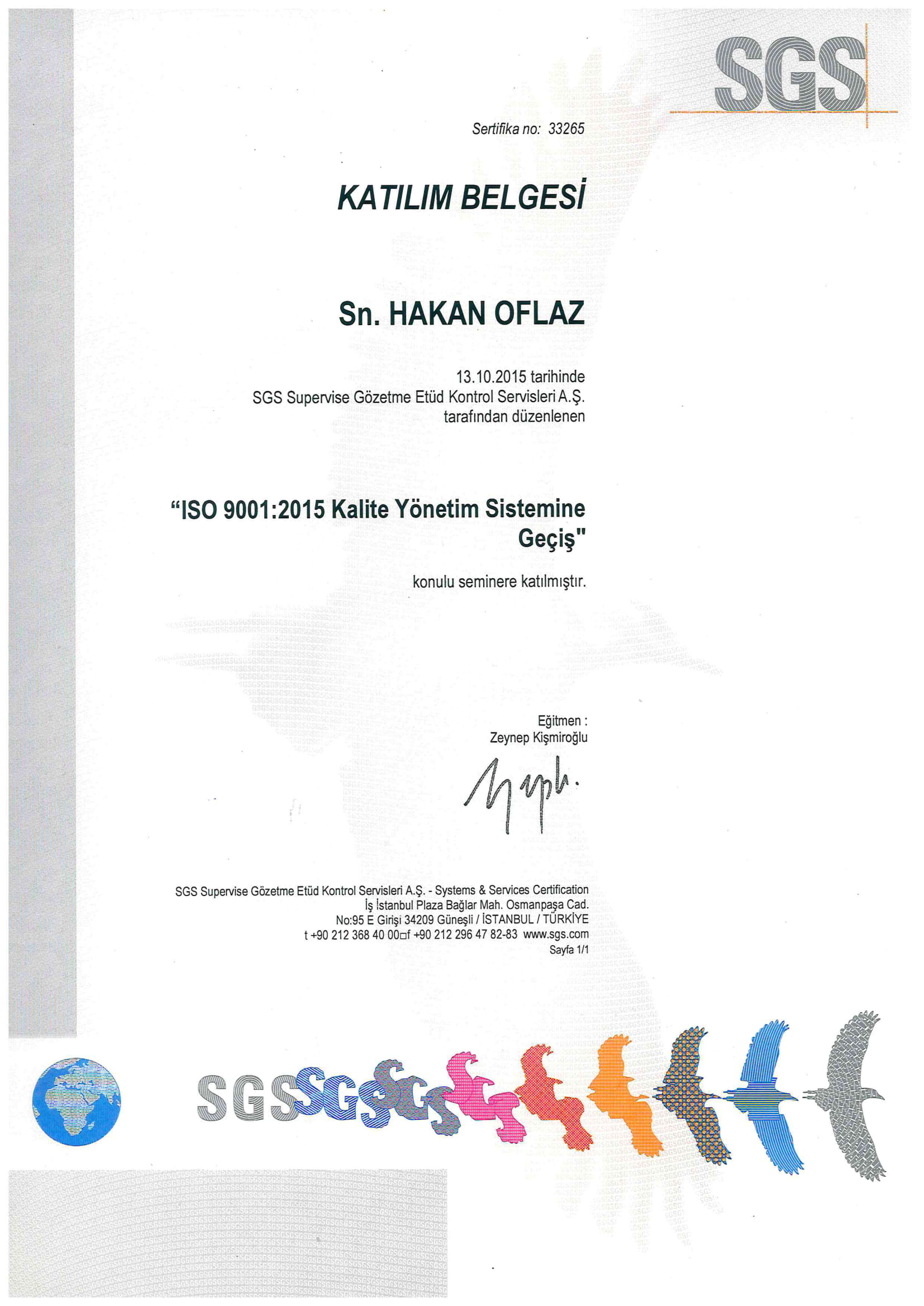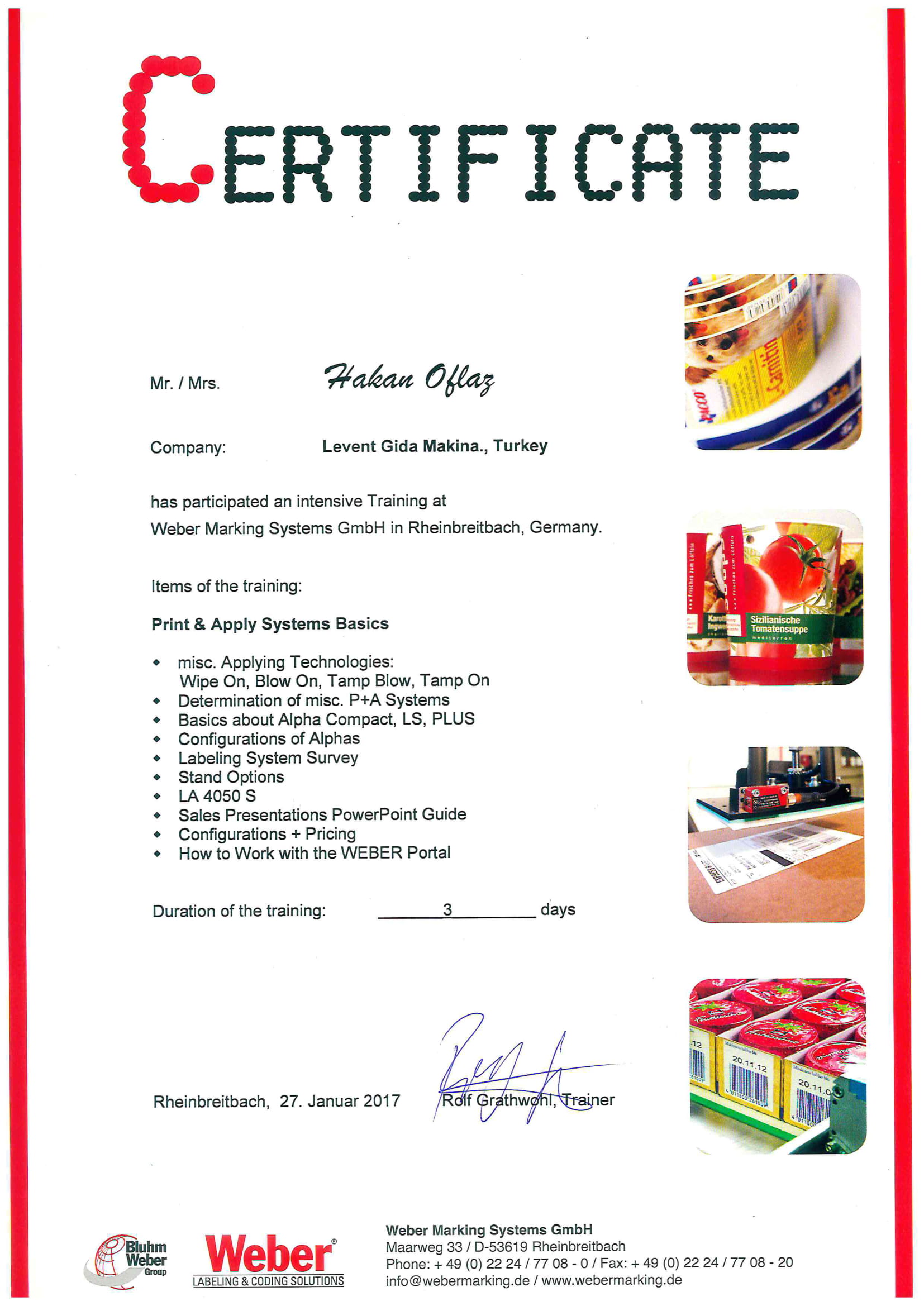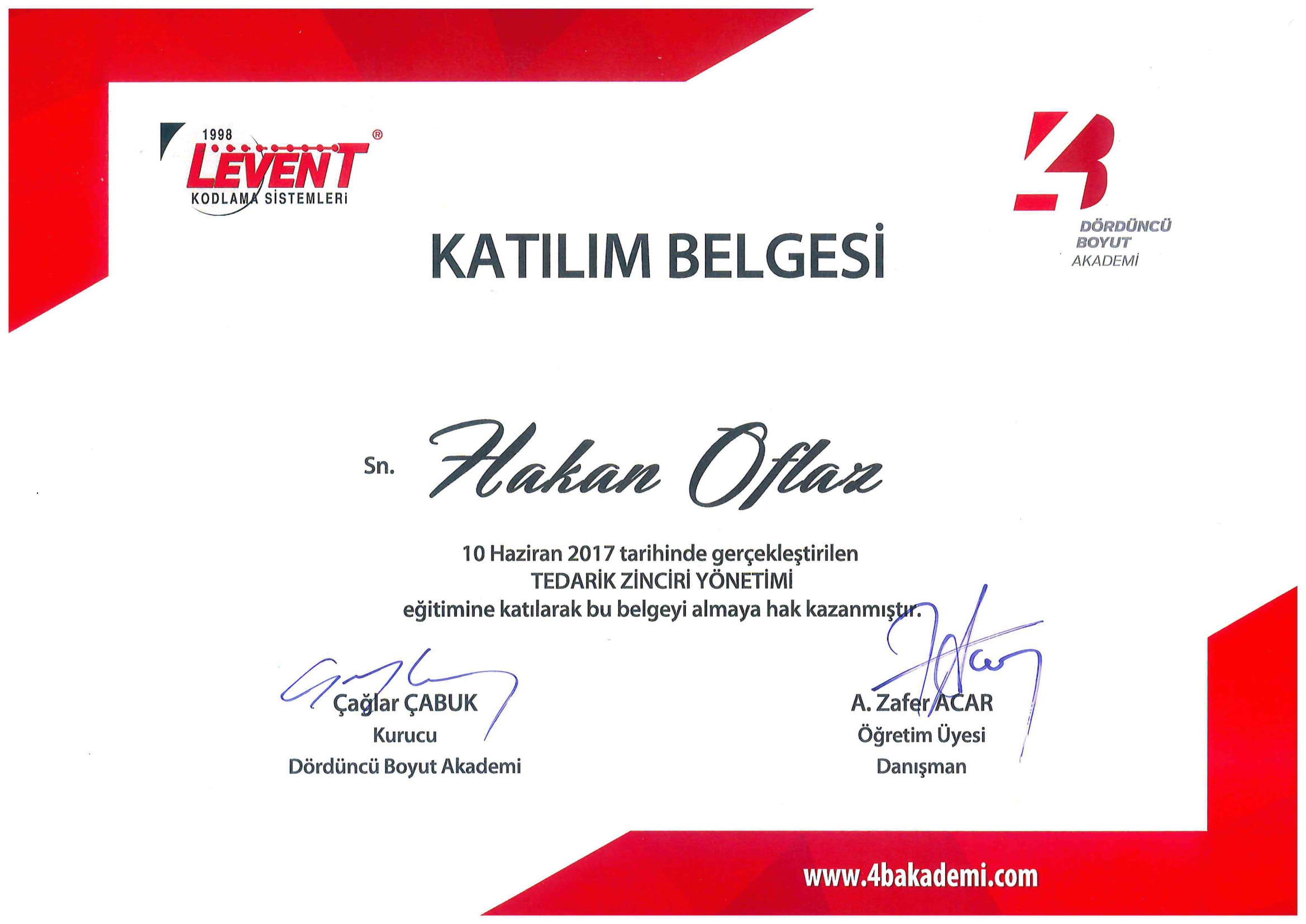The Certificates
That We Have
ISO 9001: 2015
ISO 9001 Quality Management System is a world-recognized form of quality management system that anticipates increasing customer satisfaction by meeting customer expectations, needs and regulatory requirements. It determines the Quality Management System conditions at many points, from organizational structure of the organization to the satisfaction level of customers, from analyzing collected data to effective management of processes, from internal audits to product design and from purchase to sale. The ISO 9001 standard is essentially a control mechanism. The purpose of this standard is to reduce and eliminate errors and defects, and more importantly to prevent errors and defects that may occur. The standard is not directly related to the quality of products and services but it is related to the quality of the management system. The basic assumption here is that if an effective Quality Management System is established and implemented, quality products and services will be produced to meet customer needs.
The ISO 9001 standard is non-mandatory and includes general requirements. It can be applied to any sector without distinction of large or small scale. It represents a strong management system when understood and applied correctly.
The ISO 9001 Standard has left it entirely up to organizations how to create a Quality Management System. What needs to be done is to create a quality management system that meets the requirements of the standard, not a “Standard” Quality Management System.
As a result;
It specifies the minimum requirements for an effective quality management system.
Its requirements are general and applicable to every sector regardless of scale.
It tells what to do, not how to do it.
What are the benefits of ISO 9001 Quality Management System?
Customer complaints in the organization that focuses on customer relations are reduced, and customer satisfaction and loyalty are further increased.
It provides better product design by prioritizing customer demands and expectations.
Good design and planning reduces operation costs.
It minimizes the costs of poor quality caused by quality problems.
Better planning of activities and faster resolution of problems will ensure effective management. In this way, management keeps its business under clearer control in all its dimensions and makes healthier decisions.
Since all problems will be analyzed systematically, there will be a continuous improvement in the enterprise.
Participation of employees in activities is ensured, motivation and work excitement increases.
The rate of qualified personnel increases with continuous improvement in each area.
Systematic approach to solving problems between departments increases productivity.
The defined functioning between processes and functions provides a healthy flow of information within the organization.
The quality image of the organization is strengthened and the trust of the customers is increased.
It increases the gap with competitors by opening up to new markets.
By establishing a systematic and managerial infrastructure, it enables one step further towards corporate structure.
Corporate identity brings stability.
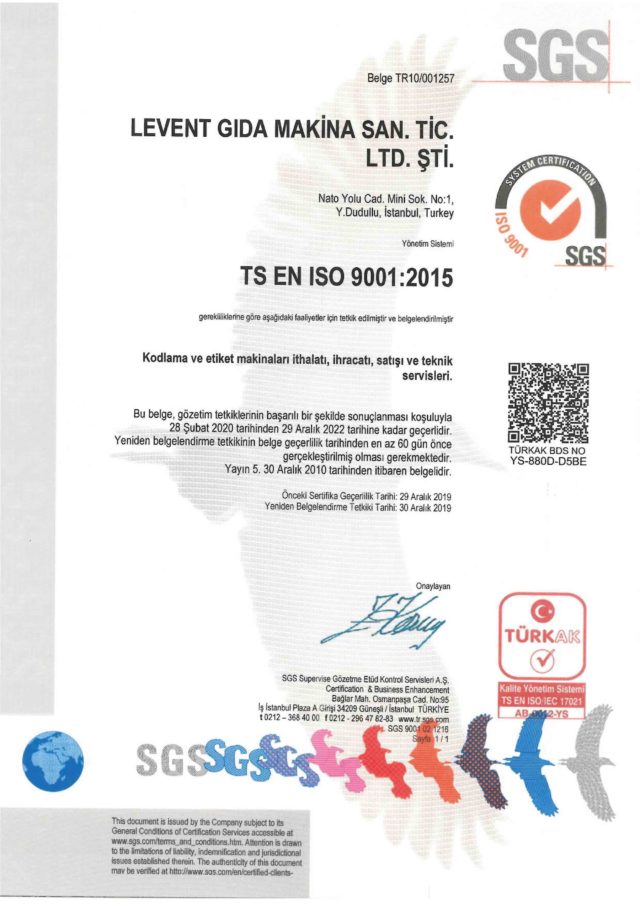
TSE:Certificate of Service Qualification
What Is Service Qualification Certification?
Service certification is the certification that indicates that the services offered to the consumer are in compliance with the relevant Turkish standard or criteria. If compliance is determined, the certificate given to the organizations is the service qualification certificate.
What Are The Benefits Of Service Qualification Certification To Our Solution Partners?
One of the tender conditions is fulfilled for the organizations serving in some sectors.
All equipment in workplaces is covered by insurance,
All devices left by the customer for servicing are covered by insurance,
Guarantees that the infrastructure of the documented organization is complete for the service written in the document,
Ensures that the service is delivered within a certain period of time and in accordance with certain rules,
The service provided can be viewed retrospectively,
The quality of the service provided increases,
Ensures the protection of the rights of the customer receiving the service,
Customer is protected in terms of price,
Increase customer satisfaction,
Increase the number of customers of the service organization,
Ensures the safe execution of after sales services related to the product.
